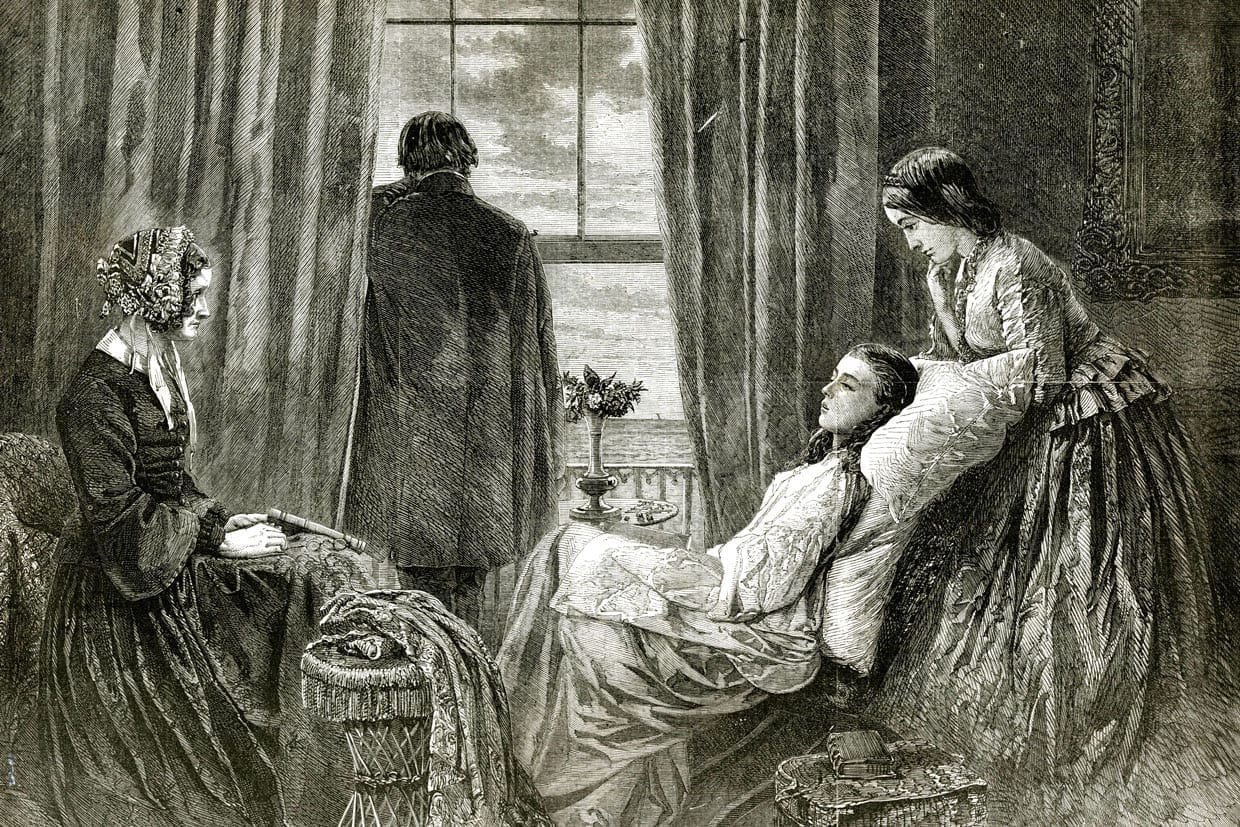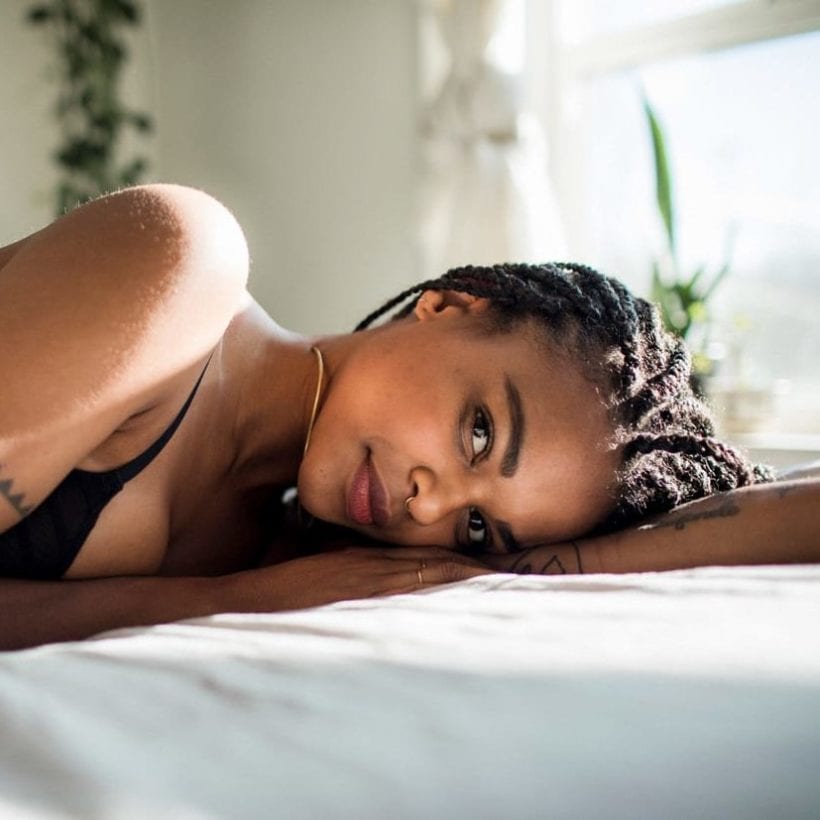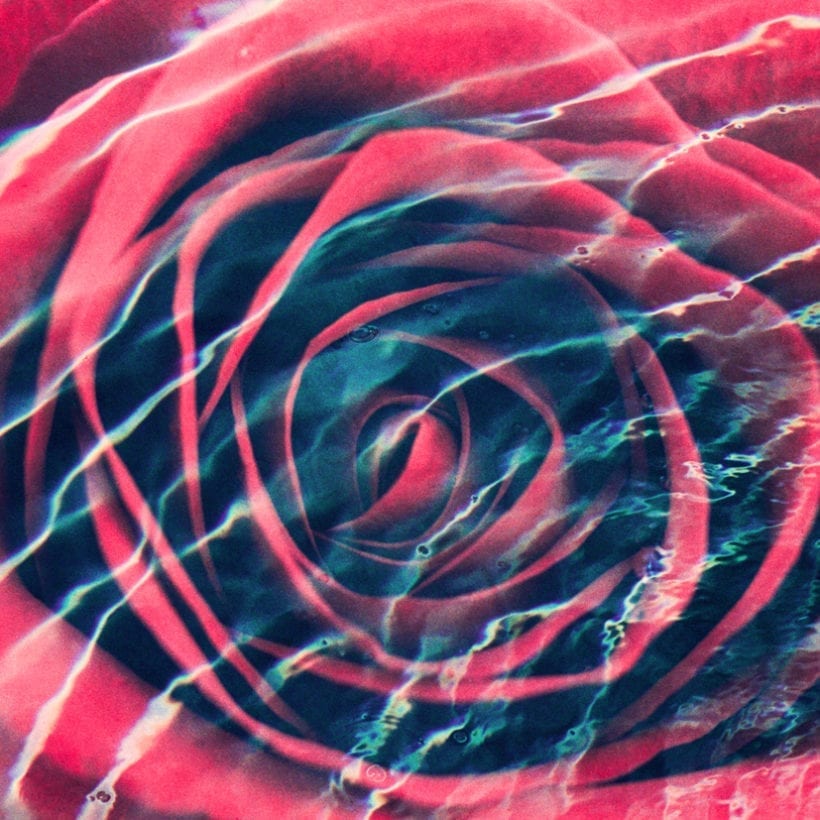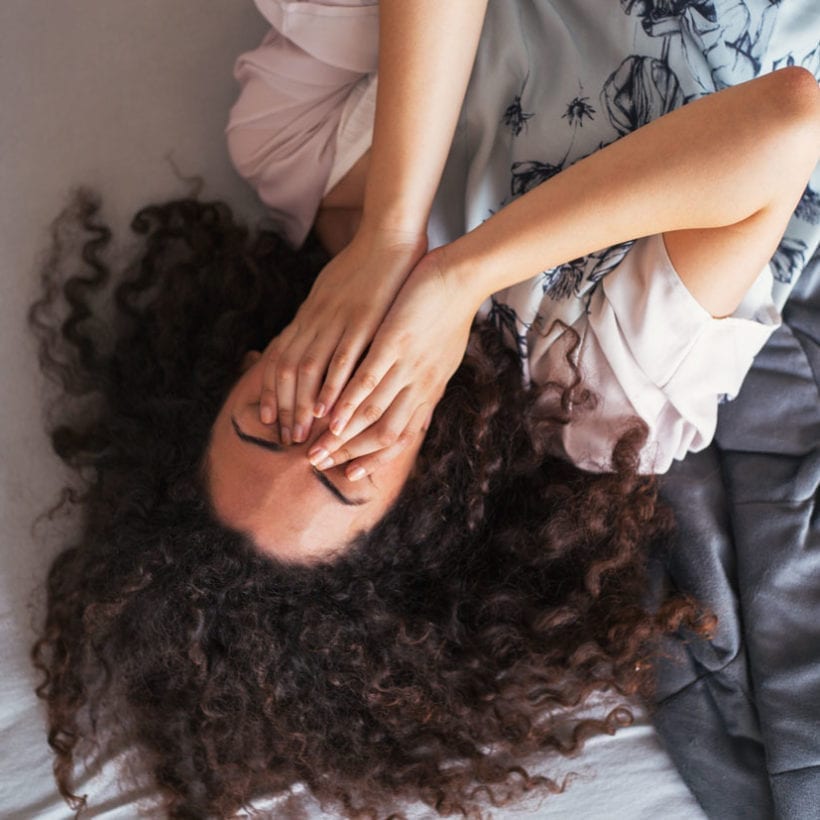We hardly think about death as a wellness practice. And yet, “a death positive” movement is taking over the wellness world, so much so that the Global Wellness Summit listed “Dying Well” as part of its core 2019 wellness trends.
Which has given rise to the vocation of end-of-life doula (EOLD)? And if this is the first time you have heard the term, it is because it is just now coming to the fore.
But why? Embracing the idea of death has much to teach us about living well. But beyond that, that there is a bigger focus in making the dying experience more humane, and actively exploring death as a part of a mentally healthy life.
“As doulas, we ask a lot of questions, and what we do is bring back that sacredness to the end of life. We have a term, which I fell in love with: We are the voice of the dying. We help families and their loved ones leave a legacy: a collage, write an article, whatever,” says Melinda Chichester, an end-of-life-doula from Healing Touch Transitions. “What I’ve come to realize is that doulas magnify hospice care.”
We are the voice of the dying. We help families and their loved ones leave a legacy.
The term was coined in 2003, when a New York City hospice social worker, Henry Fersko-Weiss became disappointed at the care dying patients and their grieving families received from medical staff. So, he created the first professional training program, End of Life Doula Program, to teach death doulas to provide the right kind of emotional support and environment the dying need. And while there is no state or national regulatory body that certifies the doulas at this time, today, programs like the International End of Life Doula Association (INELDA) provide the training and certification necessary for death doulas, which involve completing certain hours of direct work as a doula, evaluations of the doula work, a survey of community resources for bereavement support and more.
Chichester has been a doula for four years. Cindy Kaufman, an end-of-life-doula from HeartSpeak End of Life Companioning, has been a doula for five. They both got their start volunteering in hospice care at hospitals for almost 20 years, where they were both drawn to the end of life and hospice philosophy.
“Think of all the ways in which we plan for everything in our lives. For example vacations. We research, we book flights, etc.,” says Kaufman. “And death is something that’s going to come to us at a certain point in our lives, why don’t we make plans for that? Why do we not do some of the pre-work that would help not only ourselves but also our loved ones?”
Chichester and Kaufman deal with death every day. So, we talked to them about their daily lives and what they have learned from the dying that can benefit the living.
Q: As an end-of-life doula, what exactly do you do for dying patients?
Melinda Chichester: My niche is in energy medicine, so I work around the biofield of the body. I find that those that are dying — if they are struggling with that transition — I can find congestion and support the release of any earlier trauma they might have … Hospice comes in and they have a checklist: come in, change the patient, feed the patient, feed them mediation, etc. [But] they don’t have the time to spend copious amounts of time with the patient and the family. And this is where the doula comes in. We spend the time, work with the families, whatever those needs are — straightening up the kitchen, offering respite, planning a vigil. A doula brings another layer of care to that dying process.
Cindy Kaufman: I companion people through their dying process, but they’re also still living. So, I want to know how we can make those last days quality days of life. Some of the things I offer are legacy projects — if there’s something you’d like to leave for your loved ones in memory of you. This could be a video, a scrapbook, a grandpa making one for his grandchildren, the vigil plan — where would you want to be, the arrangements, space, who would be there, etc. My role as an EOLD is to make sure that plan is carried out as best as we can. Then there’s also the role of being a companion to the caregivers. I ensure they’re taking care of themselves; I come in so they can take a break.
Q: What can we learn from the dying that can help us lead better lives?
MC: I was doing some deep energy work with a particular client and it unsettled her, she wasn’t ready to go there. So, my lesson was that just because I can don’t mean I should. I could apply that in every aspect.
CK: In my early years of hospice volunteering, I had this patient who was probably in his early 40s. He was dying and I remember asking him, ‘is there anything that the dying know, that the living doesn’t yet know?’ He said, ‘people are in a hurry. No one is slowing down to just living their lives … Are you one of those people who is driving down the road, and the person in front of you isn’t going quite fast enough, so you pull around to pass them on the other lane, then you both end up at the red light, side by side? Then you realize, that you didn’t get any faster ahead of them than they did. They drove slower and you both still got stopped by the same traffic light. That’s how I think about living and dying … Why be the person who has to beat everybody else to the traffic light, when you’re both going to end up there anyway, so slow down and enjoy life.’ I’ve always remembered that.
Q: Why should young people still think about their end of life?
MC: We all have to go there one day, and that’s why we’re afraid of it — that no one can tell us what it feels like. People are so busy caring for the physical body that they forget it’s a spiritual event. The body is going to whither, but what I want them to focus on is on what’s happening on the soul level.
CK: It’s not just about dying, but the whole thought of planning and thinking about those things helps you live in accordance with those things you would like to plan for in the end. If you died tomorrow, how would you be remembered? If you could sort of journal that out, then you ask yourself: ‘am I living in accordance with that or is there something I need to do that would bring me more peace in that area?’ It’s a very human thing to think about our mortality. It’s part of living. To me, it makes for a very fulfilling, peaceful life.
Q: Why do you think EOLDs are becoming more popular?
MC: I think the [baby] boomers have really been taking control and have been empowered for their wellness and well-being. And our healthcare system isn’t really supporting that. So, they’re the ones who are looking for alternatives.
CK: There’s a definite death-positive movement going on. I feel like it’s bursting at the seams in many different areas right now: in the way that we see more people working with the dying. We got the aging baby boomers, so part of it is that we have a lot of aging people in our society right now. There’s a lot of interest in green burials, environmentally friendly ways to deal with our bodies after death.
Q: What is the most rewarding part of your job?
MC: My belief is that the soul has so much that it can share — it’s what I love to bring to the family. Helping them determine or understand the symbolism that the loved one is sharing as they’re in transition. There are different facial expressions, there are tears, there are words that people say that people think are delirious but are actually some symbolism to what people are saying. And that’s when I love to go in and help the families understand how they’re loved ones are communicating with them.
CK: It’s difficult for many people to sit at the bedside for someone who’s dying, but the beauty of that space — I call it sacred space — is that there is not another time in human life when anybody is as real and as present. There is no BS, there’s no reason to be fake or be worried about anything that doesn’t matter. For me, to be with someone in the most real-time in their lives, and not be afraid of that … Death isn’t always beautiful, but there’s always something beautiful about it. It’s very rewarding work.
We only recommend products we have independently researched, tested, and loved. If you purchase a product found through our links, Sunday Edit may earn an affiliate commission.








